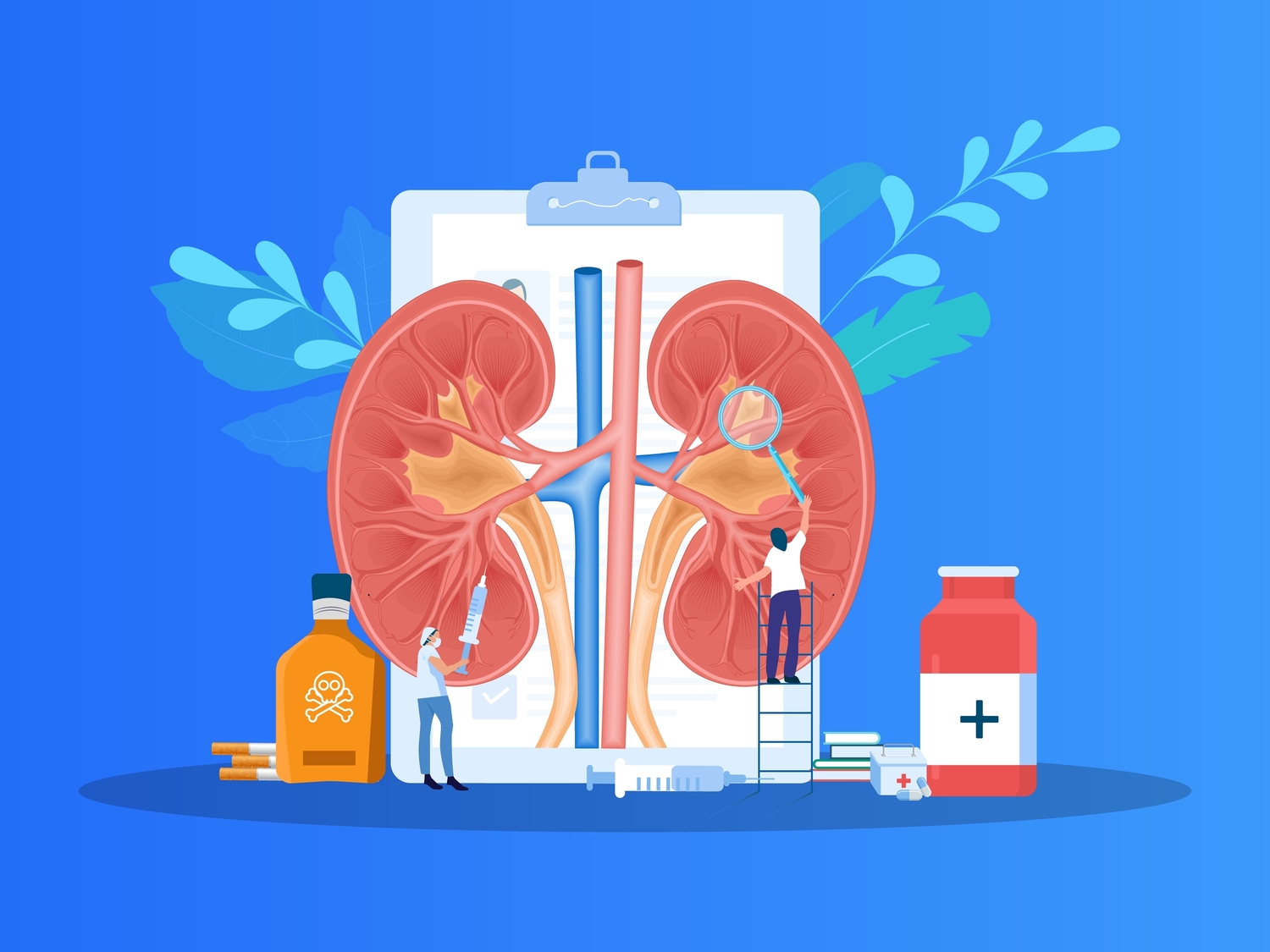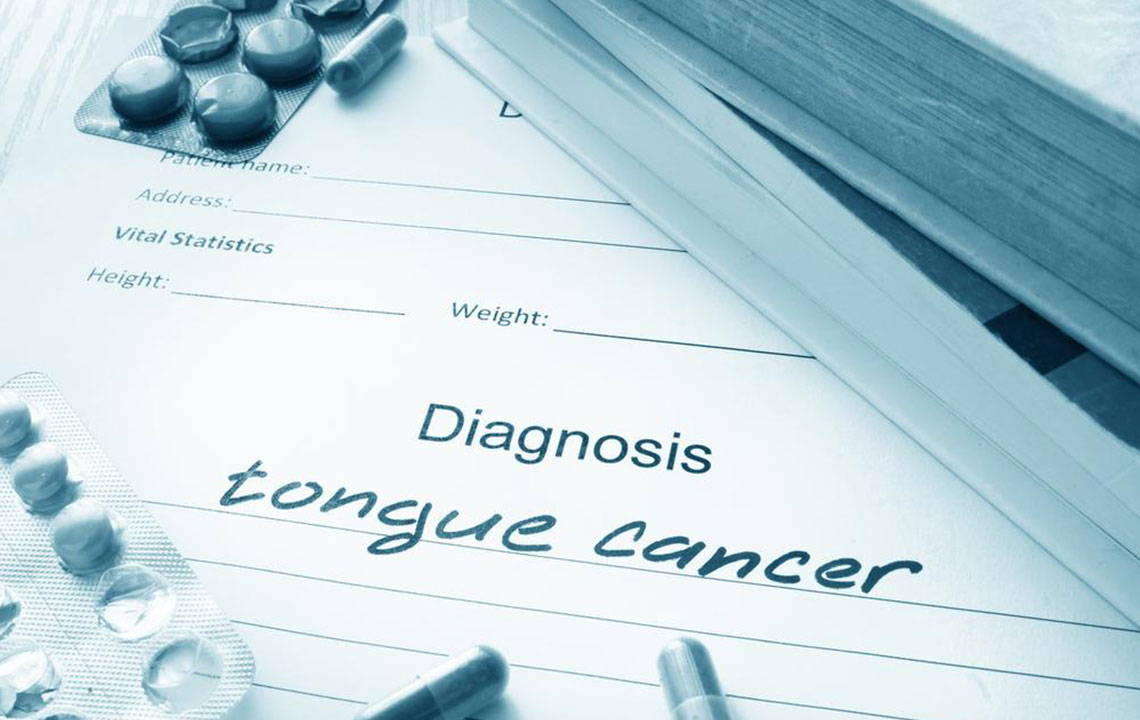Comprehensive Guide to Recognizing Early Kidney Health Indicators and Maintaining Renal Well-being
This comprehensive guide explores early signs of kidney health issues such as fatigue, swelling, blood in urine, and more. It emphasizes the importance of recognizing symptoms early and adopting lifestyle habits like hydration, balanced diet, and routine check-ups. The article provides actionable advice to support kidney health, prevent deterioration, and ensure overall well-being. Early diagnosis and proactive care can significantly reduce the risk of severe kidney disease, helping you maintain vitality and longevity.

Key Signs That May Signal Kidney Health Issues & How to Support Kidney Function
The kidneys are indispensable organs that perform vital functions, including filtering waste products, excess fluids, and toxins from your blood. They play a crucial role in maintaining overall health, regulating blood pressure, and balancing electrolytes. Deterioration of kidney function can happen gradually due to factors such as poor diet, dehydration, high blood pressure, diabetes, or unhealthy lifestyle choices. Early detection of kidney issues is essential because the damage can be reversible or manageable if caught in time. This comprehensive guide aims to educate about the early signs indicating compromised kidney health, along with practical lifestyle advice to promote renal wellness and prevent severe complications.
Understanding these early warning symptoms can empower you to seek medical attention promptly, potentially saving your kidneys from irreversible damage. Recognizing the subtle changes in your body and understanding their significance is vital for proactive health management. This article covers detailed symptoms that may suggest your kidneys are struggling, including fatigue, frequent urination, blood in urine, swelling, skin problems, and more. We also provide practical tips on maintaining kidney health through lifestyle modifications and medical check-ups.
Persistent Fatigue and Weakness
One of the most common early signs of kidney dysfunction is unexplained fatigue and weakness. The kidneys produce erythropoietin, a hormone that stimulates red blood cell production. When kidney function declines, erythropoietin levels drop, leading to anemia—characterized by a reduced oxygen-carrying capacity in the blood. As a result, you may feel exhausted, sluggish, or Weak even after adequate sleep or rest. If this symptom persists alongside other signs, it warrants medical evaluation to assess kidney health.
Frequent and Urgent Urination
Changes in urination patterns, especially increased frequency or urgency, can be an early sign of kidney impairment. You might notice the need to urinate more often, including during the night (nocturia). While increased urination may stem from conditions like diabetes, it can also indicate that your kidneys are struggling to regulate fluid balance effectively. If you experience this with other symptoms, consult a healthcare professional to investigate further.
Blood in Urine (Hematuria)
The presence of blood in your urine is a red flag for kidney health issues. Normally, healthy kidneys prevent blood cells from entering urine. Hematuria can result from damage to the tiny filters in the kidneys called nephrons, which may occur due to infections, kidney stones, or glomerulonephritis. Detecting blood in urine should prompt prompt medical assessment to determine the cause and initiate appropriate treatment.
Swelling in Legs, Ankles, and Feet
Fluid retention due to compromised kidney function often manifests as swelling or edema, especially in the lower extremities. As the kidneys fail to excrete excess fluid, it accumulates in tissues, causing noticeable puffiness in the legs, ankles, or around the eyes. Persistent swelling needs medical attention, as it may signal the beginning stages of kidney failure or other related health issues.
Puffy or Swollen Eyes in the Morning
Morning puffiness around the eyes can be a subtle sign of protein leakage into the urine—a condition known as proteinuria. This occurs when damaged kidney filters allow protein to escape into the urine, impairing kidney function. If you consistently wake up with swollen eyes, it’s advisable to undergo kidney function tests, especially if accompanied by other symptoms.
Dry, Itchy Skin
Chronic kidney disease can disturb mineral and waste balance, leading to the buildup of toxins in the blood. This often results in dry, itchy, and flaky skin. The mineral imbalance, particularly of calcium and phosphorus, can cause skin issues that are difficult to manage without medical intervention. Maintaining proper hydration and monitoring mineral levels are crucial components of kidney health management.
Sleep Difficulties and Restless Nights
Accumulation of toxins that aren’t adequately filtered out by compromised kidneys can interfere with sleep, causing insomnia or frequent awakenings. Toxins in the bloodstream can disrupt the nervous system, leading to poor sleep quality. If you experience persistent sleep disturbances, it may be related to early kidney problems, and consulting a healthcare provider is recommended.
Altered Taste and Reduced Appetite
Waste buildup in the blood can affect your taste buds, leading to a metallic or ammonia-like taste. Additionally, feeling less hungry or experiencing nausea may be signs that toxins are accumulating due to declining kidney function. Addressing these symptoms early can prevent further deterioration and improve quality of life.
High Blood Pressure
The kidneys play a vital role in regulating blood pressure by controlling sodium levels and releasing the enzyme renin. Impaired kidney function can cause abnormal regulation, leading to hypertension. Conversely, high blood pressure can further damage the kidneys, creating a vicious cycle. Regular monitoring and management of blood pressure are essential in preserving renal health.
Muscle Cramps and Spasms
Electrolyte imbalances, especially involving calcium, potassium, and phosphorus—common in kidney disease—may trigger painful muscle cramps. These cramps often occur at night and can be a sign of advancing kidney issues. Proper electrolyte balance, maintained through diet and medical management, can help prevent this discomfort.
Nausea, Vomiting, and Gastrointestinal Discomfort
As toxins accumulate in the bloodstream, they can cause gastrointestinal symptoms such as nausea, vomiting, and loss of appetite. These signs may indicate that kidney filtration is severely compromised and require urgent medical attention to prevent further deterioration.
How to Support and Maintain Kidney Health
Preventing kidney problems and promoting renal health involves adopting a healthy lifestyle. Practical steps include:
Maintaining adequate hydration by drinking plenty of water to assist in waste elimination
Eating a balanced diet rich in fruits, vegetables, whole grains, and lean proteins, while limiting salt, processed foods, and unhealthy fats
Engaging in regular physical activity to help control blood pressure and blood sugar levels
Limiting alcohol intake and avoiding smoking, which can damage blood vessels and impair kidney function
Scheduling routine health screenings, especially if you have risk factors such as hypertension, diabetes, or a family history of kidney disease
In addition to lifestyle modifications, early detection through regular medical check-ups is key. Blood tests (such as serum creatinine and estimated glomerular filtration rate or eGFR), urine analysis, and blood pressure monitoring help assess kidney function. If any abnormal signs or symptoms emerge, prompt consultation with a healthcare professional ensures timely diagnosis and intervention. Taking proactive measures can significantly prolong kidney health and support overall vitality.
Protecting your kidneys is an essential aspect of maintaining your overall health and well-being. Be vigilant about the signs and symptoms discussed here, and do not delay seeking medical advice if you notice any atypical changes. Early detection and lifestyle adjustments are your best tools to prevent severe kidney disease and sustain a healthy, active life.





